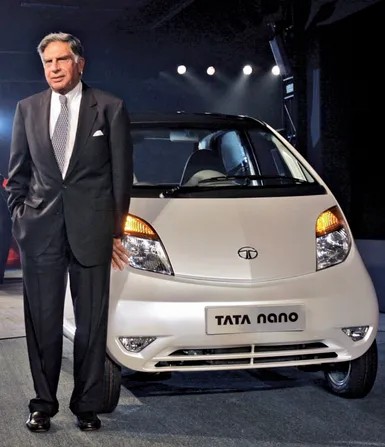
The Tata family, a prominent Indian business dynasty, is based in Mumbai, Maharashtra. The family’s fortune is rooted in Tata Sons, the holding company of the Tata Group, which is controlled by charitable trusts, primarily the Ratan Tata Trust and Dorab Tata Trust, holding 65% of the shares. The Pallonji Mistry family owns about 18%, with the rest held by various entities under Tata Sons. This Parsi family originally hailed from Navsari, Gujarat, before moving to Mumbai. Their success story began with Jamshedji Tata, the founder of their business empire.
Connections of Influence in the Tata Family
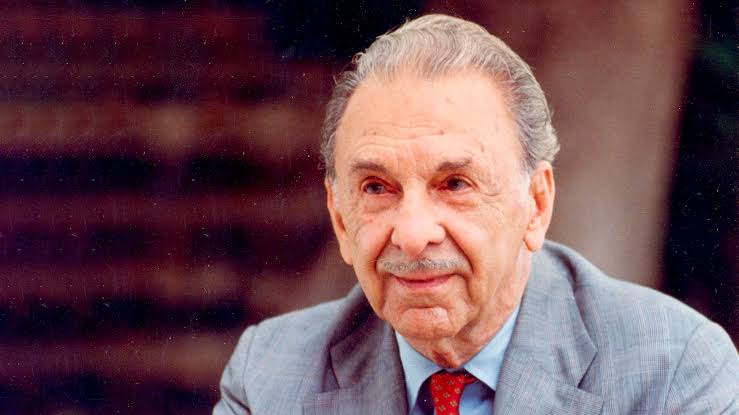
Over time, the Tata family has been connected with other notable families like the Petit, Saklatwala, Bhabha, and Mistry families. One of the key figures in the Tata legacy was Ratanji Dadabhoy Tata, whose close family ties with Jamshedji Tata played a crucial role in shaping the group’s early years. Ratanji married Suzanne Brière, a French Catholic, and they had five children, including J.R.D. Tata, the pioneer of Indian aviation and founder of Tata Airlines (now Air India), and Sylla Tata, who married into the distinguished Petit family.
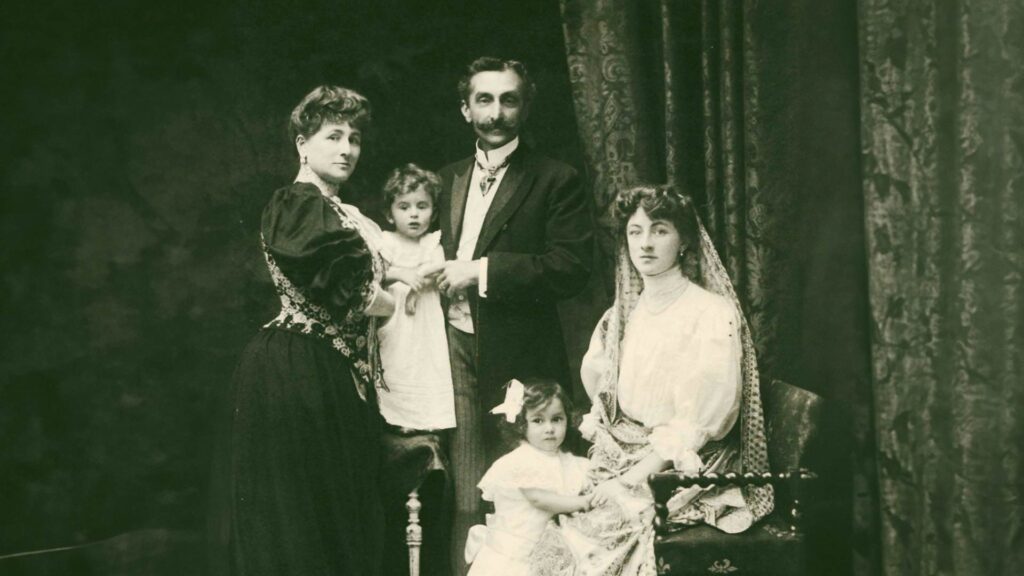
Ratan Tata -The Real Leader
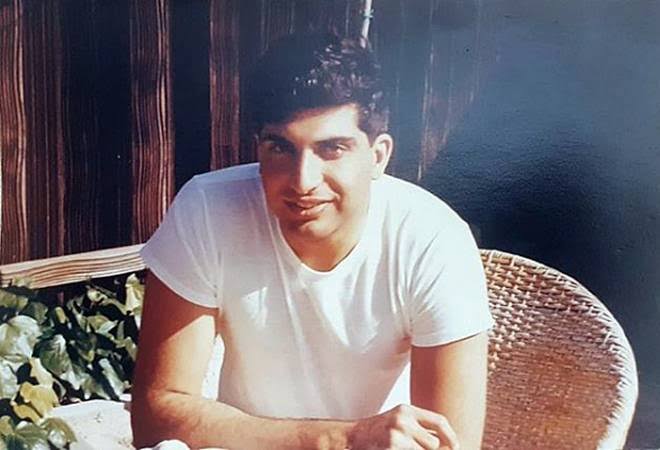
Ratan Tata, one of the most iconic figures in modern Indian industry, breathed his last at Mumbai’s Breach Candy Hospital. His contribution to the growth of the Tata Group, turning it into India’s most influential conglomerate, remains unparalleled. Much like Jamshedji and J.R.D., Ratan Tata’s influence in both business and philanthropy continues to leave an indelible mark. Despite his towering success, Ratan Tata’s familial connection to the Tata family was distant—his father, Naval Tata, was adopted into the Tata family after a difficult early life.
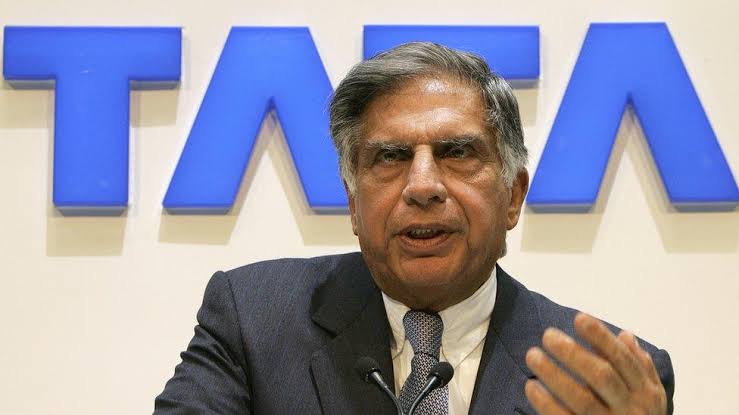
Ratan Tata’s rise in the Tata Group was steady and grounded. After studying at Cornell University, he started at the shop floor of Tata companies, gaining firsthand experience before taking the reins as Chairman in 1991. His leadership saw Tata Group expand globally with landmark deals, solidifying his place as one of India’s most respected industrialists.
The Journey of Naval Tata
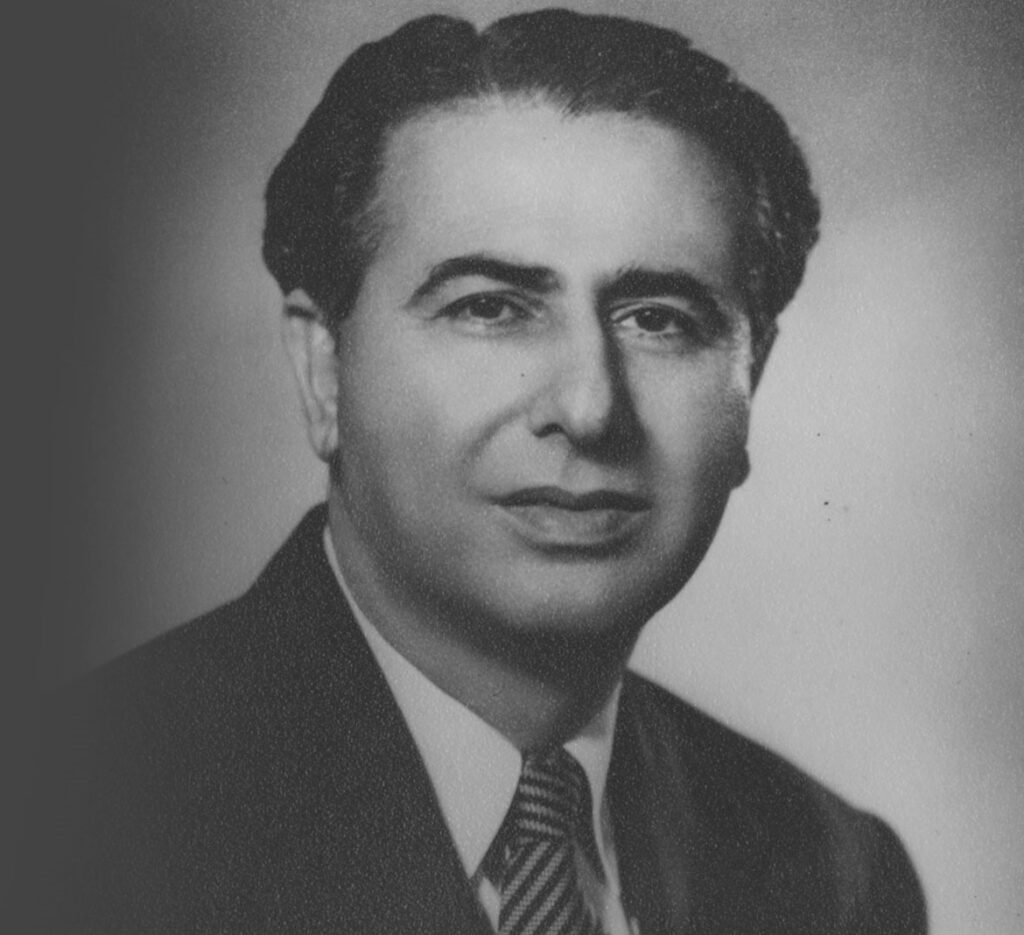
Naval Tata’s story is one of resilience. Born on August 30, 1904, Naval faced hardship when his father, a mill worker, passed away when he was just four years old. Raised by his mother, who struggled to support the family, Naval was eventually taken to the J.N. Petit Parsi Orphanage in Navsari. His fortunes changed when Navajbai Tata, wife of Sir Ratanji Jamsetji Tata, adopted him at the age of 13. With this, he was provided with formal education and later pursued further studies in London
Naval Tata’s Contributions to Tata Group and Society
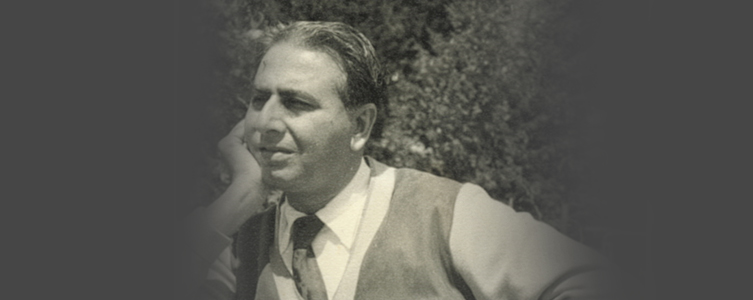
Though Naval Tata lost his bid for political office in 1971, his contributions were recognized with the Padma Bhushan in 1969. He passed away in 1989 after a battle with cancer. His son, Ratan Tata, would follow in his philanthropic footsteps, earning prestigious awards like the Padma Vibhushan.
The Future Under Noel Tata’s Leadership
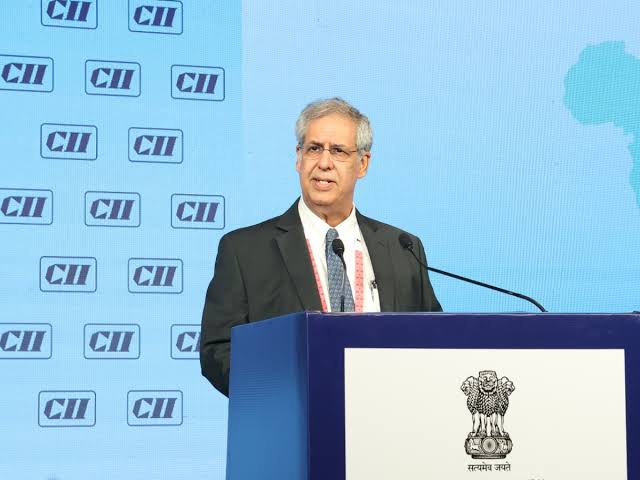
The Tata family legacy continues under the leadership of Ratan Tata’s half-brother, Noel Tata, who chairs Trent, a leading retail chain within the Tata Group. Noel’s steady rise in the business reflects the same values of resilience, dedication, and strategic vision that have defined the Tatas for generations. Though Noel Tata has a lower public profile compared to Ratan, his influence in steering the company’s retail ventures signals the next phase of the group’s expansion.
The Enduring Influence of the Tata Family
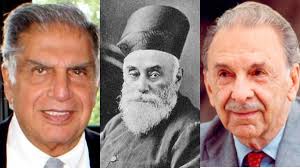
While the leadership has evolved, the family’s foundational values of innovation and nation-building remain deeply ingrained. The Tata Group continues to thrive, driven by the same pioneering spirit that began with Jamshedji Tata, setting the stage for future successes across industries. With a legacy built on integrity and excellence, the Tata family’s story remains one of the most inspiring and enduring in India’s corporate landscape. Their commitment to social responsibility and community development ensures that their impact will be felt for generations.
